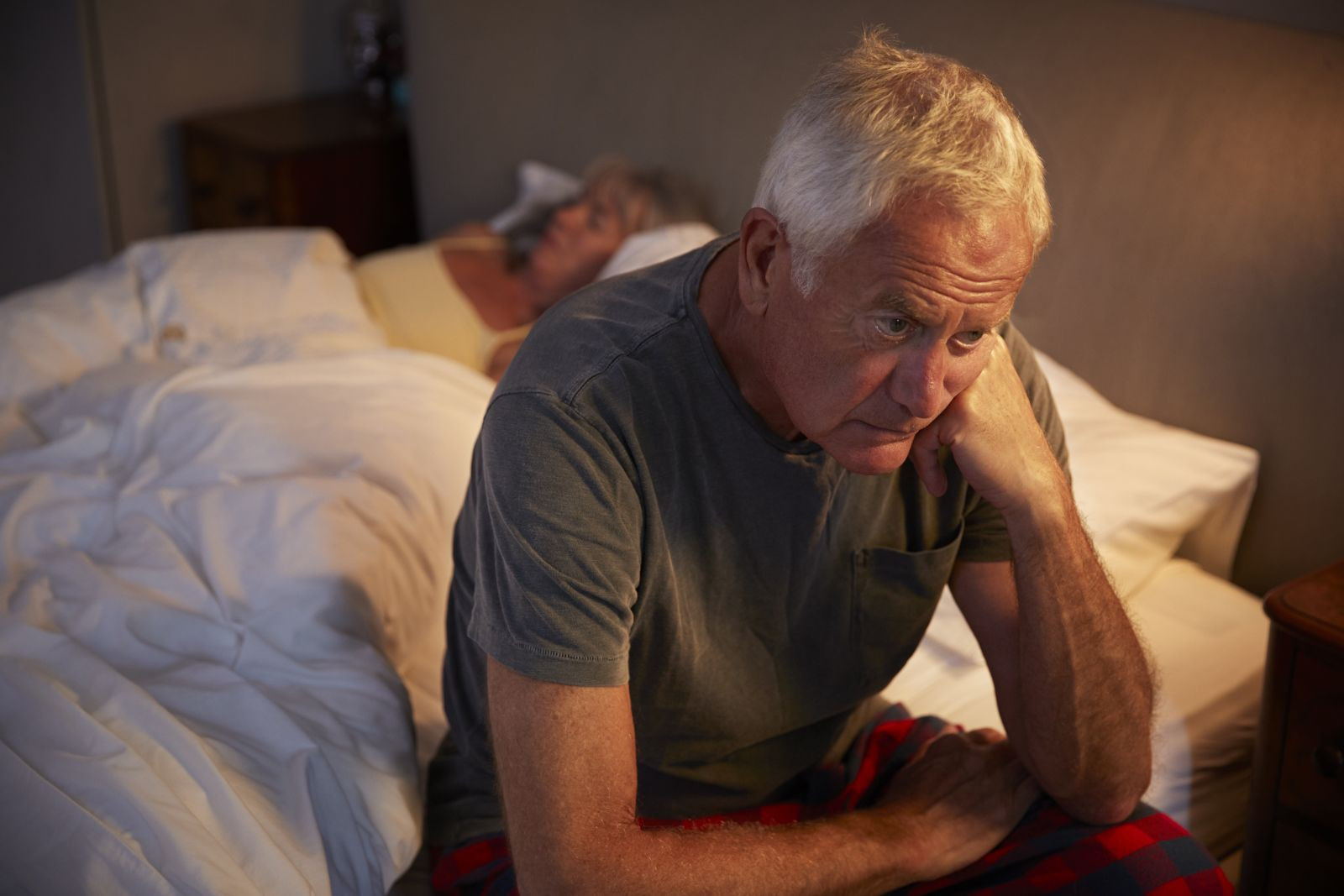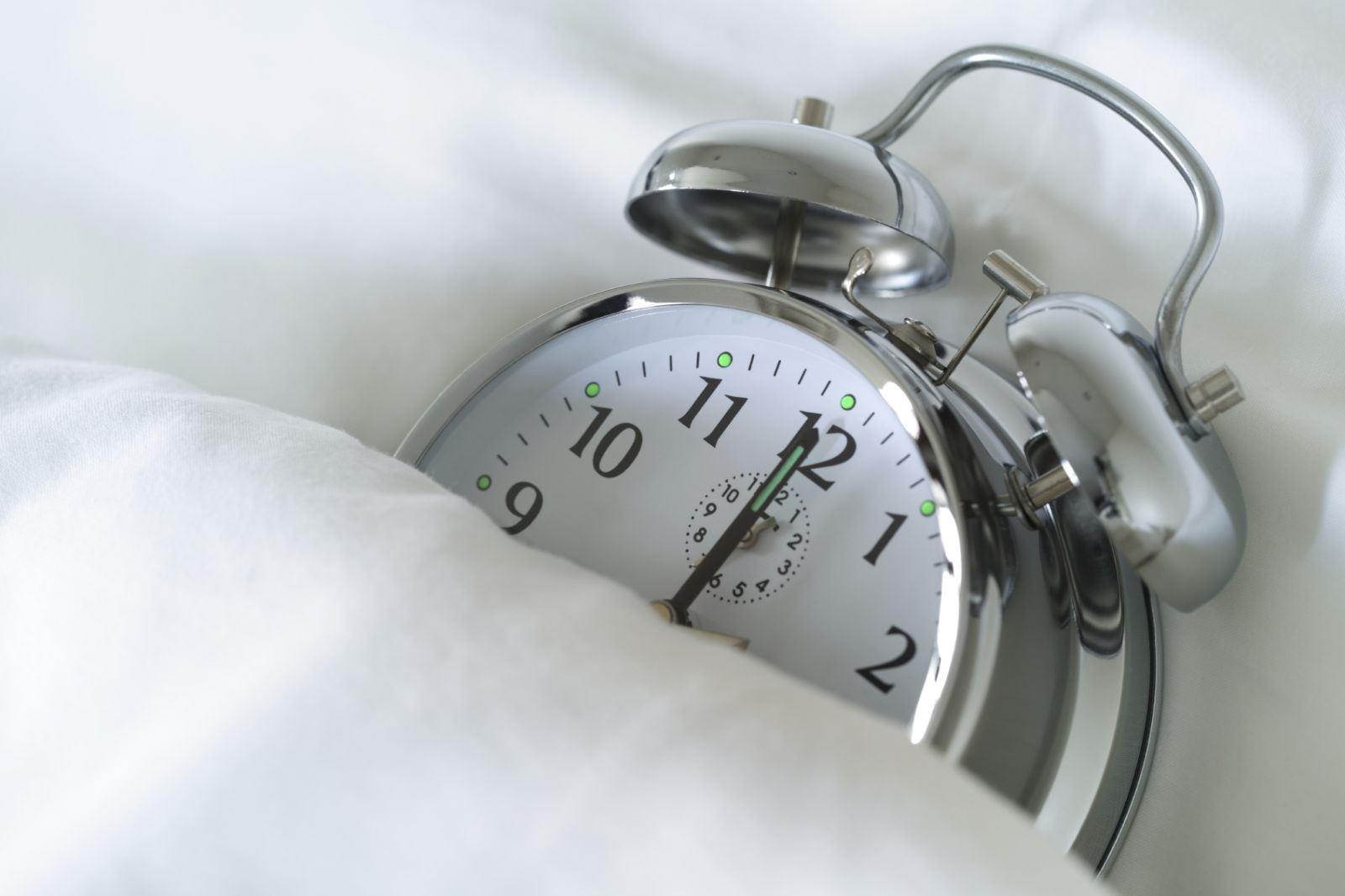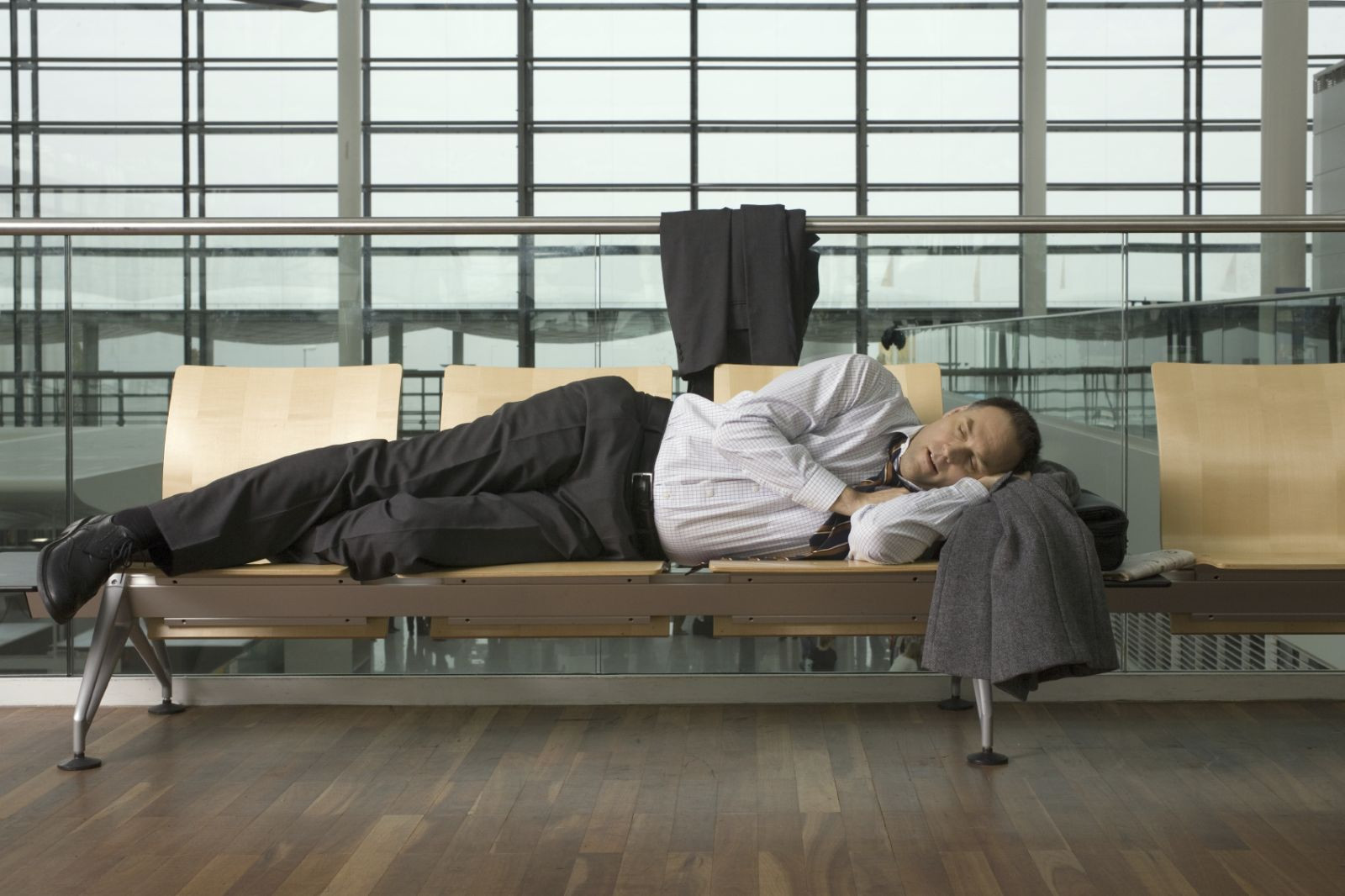
Wildfires: How to cope when smoke affects air quality and health

What can magnesium do for you and how much do you need?

Dry socket: Preventing and treating a painful condition that can occur after tooth extraction

What happens during sleep �� and how to improve it

How is metastatic prostate cancer detected and treated in men over 70?

Could biofeedback help your migraines?

What is autism spectrum disorder?

Plantar warts: Options for treating this common foot condition

Cancer survivorship: What comes next after treatment

Nutritional yeast: Does this savory, vegan seasoning pack a nutritional punch?
Sleep Archive
Articles
Strategies for sleep apnea
Treating sleep apnea �� a condition closely linked to cardiovascular problems �� can be challenging.
��Image: © nebari/Getty Images
Loud, explosive snoring is a hallmark of obstructive sleep apnea, which affects up to 25% of men and 10% of women. This nighttime breathing problem often disrupts sleep, leaving people tired and irritable during the day. But sleep apnea also can boost blood pressure and may increase the risk of clogged heart arteries, heart rhythm disorders, heart failure, and stroke.
The gold standard treatment, called positive airway pressure or PAP �� which uses a bedside machine that provides a stream of air through a face mask �� is very effective. But it's a tough sell for many people, who find the device challenging to use consistently. Because of difficulty tolerating the device, some people don't use their PAP machine every single night, while others remove it halfway through the night. However, troubleshooting some common issues with PAP may help (see "Tips for using a PAP machine").
Refueling your energy levels
Lost your spark and gusto? These strategies can help you recharge.
Everyone has the occasional low-energy day when you are easily fatigued. Often the feeling passes, and you bounce back to your regular robust self. But if you struggle with a constant lack of energy, you may have a problem deep within your cells.
Mitochondria are the power source inside all your body's cells. These tiny structures fuel the body by producing molecules called adenosine triphosphate or ATP. However, as you grow older, your body has fewer mitochondria.
Can’t sleep? You may be at risk for atrial fibrillation
In the journals
If you have problems sleeping through the night, you may be at risk for atrial fibrillation (afib), an irregular heart rate that may cause heart palpitations and is a leading cause of stroke.
A study published online June 25, 2018, by HeartRhythm reviewed four studies and found a link between afib and poor sleep. In one study, people with afib had more frequent nighttime awakenings compared with those who did not have the condition. In the other studies, poor sleep quality, including frequent nighttime awakenings and less REM (rapid eye movement) sleep, predicted which individuals would develop afib.
Teens are getting less sleep, which raises heart disease risk
Teens are getting less sleep than ever. This leaves them prone to conditions like high blood pressure and insulin resistance which increased the risk for heart disease and diabetes later on.
3 simple ways to get more restful sleep
Even people without insomnia can have trouble getting a good night's rest. Many things can interfere with restorative sleep �� crazy work schedules, anxiety, trouble putting down the smartphone, even what you eat and drink.
The following three simple steps can help you sleep better.
Repaying your sleep debt
Why sleep is important to your health and how to repair sleep deprivation effects.
If sleep were a credit card company, many of us would be in deep trouble.
Medical evidence suggests that for optimum health and function, the average adult should get seven to nine hours of sleep daily. But more than 60% of women regularly fall short of that goal. Although each hour of lost slumber goes into the health debit column, we don't get any monthly reminders that we've fallen in arrears.
I'm so lonesome I could cry
The health risks of loneliness and isolation have been known for some time, but more recently research has shown the specific effects in the brain. Finding ways to make connections with other people is the best "medicine" to alleviate the mental and physical effects of loneliness.
Is my constant exhaustion normal?
Ask the doctors
Q. I feel like I'm tired all the time. Is this just a normal part of aging?
A. The short answer to your question is, no. Getting older may mean you have less endurance than you used to and you may feel tired sometimes, just like anyone else, but if you are experiencing long-lasting daily fatigue, there could be an underlying medical cause.
Don't let jet lag affect your sleep
Many people find that crossing several time zones makes their internal clocks go haywire. In addition to experiencing headaches, stomach upset, and difficulty concentrating, they may also suffer from fitful sleep.
But there's no need to waste time riding out the effects of jet lag. Try these jet lag remedies the next time you travel.
Uncovering the connection between sleep and heart health
Research we're watching
Sleeping either too little or too much has been linked to a higher risk of heart disease. But how much do other interconnected factors �� namely, activity levels and body weight �� affect this observation?
In an effort to find out, researchers studied nearly 240,000 healthy adults ages 51 to 72 who were part of a nationwide health study. The investigators examined the influence of moderate-to-vigorous physical activity, television viewing, and body mass index on sleep duration and death rates.

Wildfires: How to cope when smoke affects air quality and health

What can magnesium do for you and how much do you need?

Dry socket: Preventing and treating a painful condition that can occur after tooth extraction

What happens during sleep �� and how to improve it

How is metastatic prostate cancer detected and treated in men over 70?

Could biofeedback help your migraines?

What is autism spectrum disorder?

Plantar warts: Options for treating this common foot condition

Cancer survivorship: What comes next after treatment

Nutritional yeast: Does this savory, vegan seasoning pack a nutritional punch?
Free Healthbeat Signup
Get the latest in health news delivered to your inbox!
Sign Up











